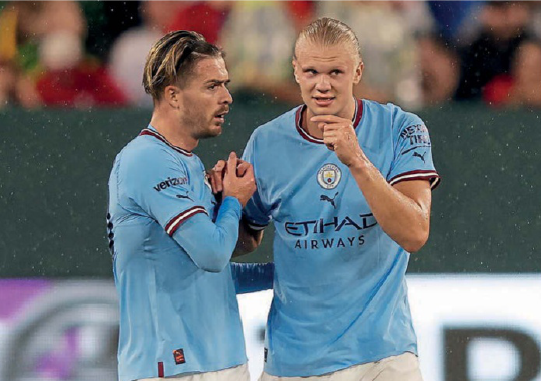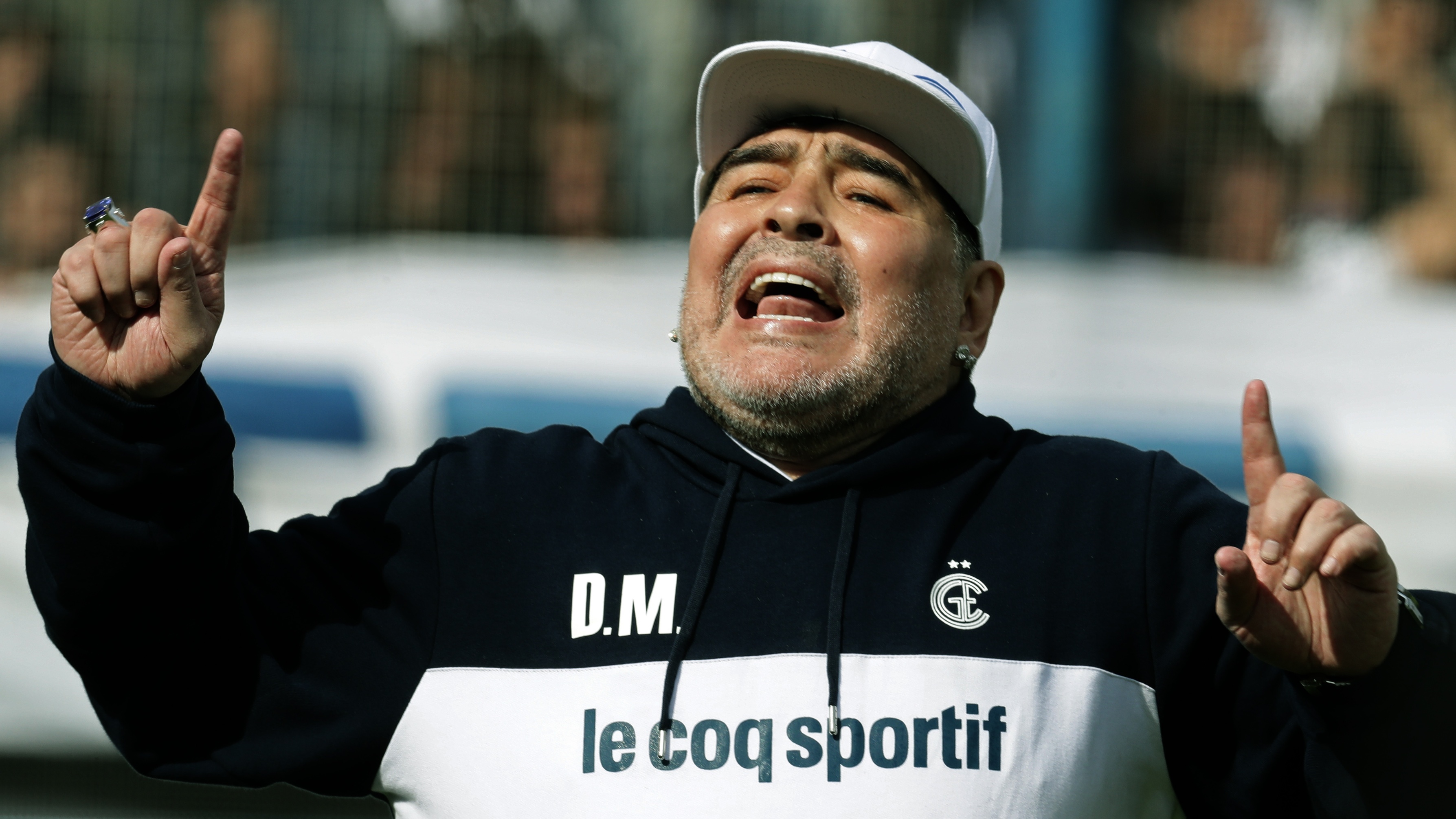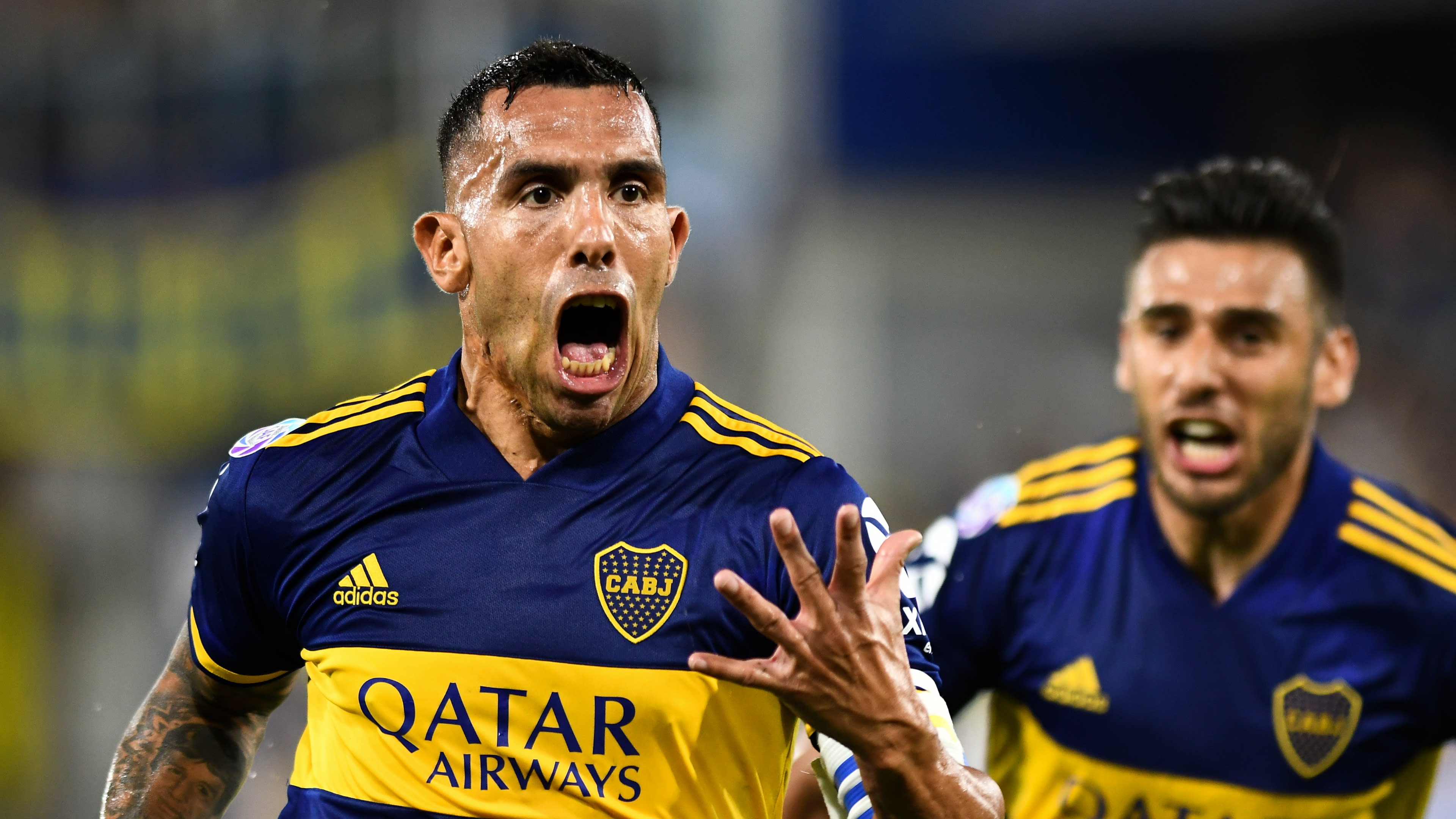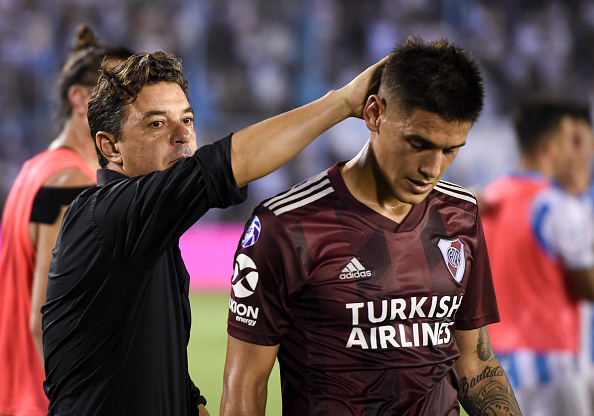For Manchester City, the risk is significant. They have won four of the last five league titles, topping the Premier League’s scoring charts in each of those five seasons, with a system that works extremely well. Yet this season they have chosen to change it.
City have not won a Champions League, and that is the trophy their owners really crave. They have developed a habit of eye-catching exits, dominating games yet somehow never scoring quite enough, while opponents turn bafflingly ruthless at key moments. None of the Champions League winners in the past five seasons have been notably more talented than City.
The temptation may have been to write off those failures – albeit they follow a pattern of disappointment for Pep Guardiola in the Champions League – as a matter of misfortune and to assume that carrying on playing the same (successful) way would eventually prevail. But they have not. The signing of Erling Haaland means a major change of approach, presumably in an attempt to make City more ruthless in those key games.
There is, lurking in the background, a wider point here, which is that there is a material difference in what is effective in the biggest games and what works in the vast majority of league games. That’s meant a major problem for Paris Saint-Germain, Bayern and Juventus over the past decade, but it’s now beginning to become a problem for the likes of City as well. Beating Burnley or Bournemouth requires a very different skillset and approach to beating Real Madrid or even Liverpool.
City’s purchase of Jack Grealish last summer was out of character. It broke their transfer record and brought in a dribbler with a strong streak of independence. The suggestion was that it was an attempt to add an element of unpredictability to City’s polish. Haaland is not unpredictable but his directness gives City a very different option. In the Community Shield it was notable how often he made runs that would surely have led to chances if a midfielder had been prepared to simply knock the ball into his path.
Everybody accepted that there would be a period of adaptation while he got used to City, but it became apparent that the adaptation needed to be two-way, that City needed to be prepared at times to play the ball forward quickly, to risk losing possession. That came on the opening week of the Premier League season against West Ham, when Kevin De Bruyne in particular seemed to revel in playing in Haaland, who scored twice, one a penalty from a move in which he had played a major role.
But Haaland’s greatest value may be less in games against the likes of West Ham, who tend to sit deep, limiting the opportunities to play him into space behind their defensive line. The majority of Premier League teams sit deep against City. Haaland will probably still score plenty against them, but where he offers something different is against better teams who press against City.
There are few of them, and opponents who play in that way risk taking a significant beating, but it’s significant that Jurgen Klopp and Antonio Conte both have positive records against Guardiola (Klopp with 11 wins in 25 meetings, Conte three in five): if you have the level of player and the organisation to press City they can be rattled. But if you press, there will necessarily be space left behind your defensive line. And there is probably nobody in world football so capable of exploiting that as Haaland.
City had got themselves into a situation in which they had to control games in order to win them; they will continue to dominate the majority of games they play and Haaland should make them more efficient in turning that dominance into victory, but he also gives them the opportunity of burgling a goal out of nowhere.
But that difference also represents a risk. City’s entire method has been based on order and control. Now, in Haaland and Grealish, they have an axis of anarchy. It may be that the tension between their individuality and the system sparks an even higher form of football, just as Lionel Messi gave a dash of individual brilliance to Guardiola’s Barcelona.
But Guardiola can struggle to deal with mavericks and this, as a result, is a risk. He is amending his vision of football, and using a very headstrong footballer to do it. It could produce astonishing football and win the Champions League at last, but the potential for meltdown is there as well.














